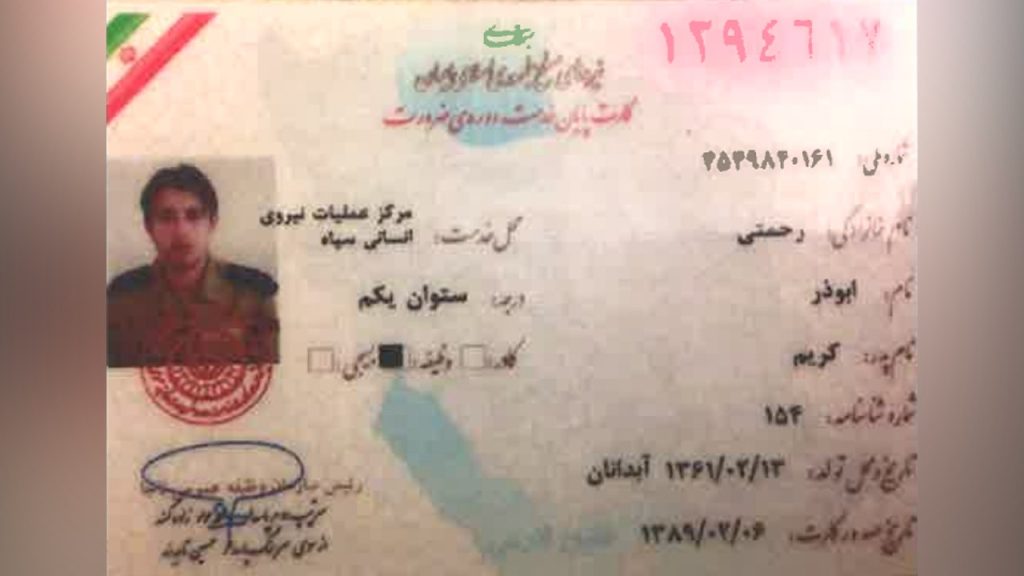A former FAA contractor was indicted for allegedly acting as an illegal agent for the Iranian government. Abouzar Rahmati, a naturalized U.S. citizen and former member of the Islamic Revolutionary Guard Corps, reportedly lied about his military service in order to gain employment as a U.S. contractor. Prosecutors allege that Rahmati began communicating with a senior Iranian government official in 2017 and later traveled to Iran to meet with intelligence operatives. He agreed to provide them with information on the U.S. solar energy industry and eventually became a contractor for the FAA’s National Airspace System (NAS).
While working as a contractor for the FAA, Rahmati allegedly downloaded private documents related to the FAA and NAS power and electrical architecture and shared them with the Iranian government. He also provided additional information relating to solar energy, solar panels, FAA, U.S. airports, and air traffic control. Assistant Attorney General Matthew G. Olsen of the DOJ’s National Security Division stated that Rahmati conspired with Iranian officials and intelligence operatives, deceiving his way into a U.S. government contractor role to share sensitive government materials with Iran. The DOJ is committed to identifying and prosecuting individuals who seek to infiltrate American companies or government agencies on behalf of foreign governments.
Rahmati made his initial appearance in the District of Columbia on Friday afternoon. The indictment alleges that from December 2017 through June 2024, Rahmati met with Iranian government officials and acted on their behalf. Prosecutors claim that Rahmati’s actions as an illegal agent for Iran posed a threat to U.S. national security and the sensitive information he provided could potentially have serious consequences. The case highlights the ongoing challenges posed by foreign espionage and the need for vigilance in protecting sensitive government information.
The FBI and other agencies have been investigating Rahmati’s activities, which led to the indictment and eventual arrest. The case underscores the importance of cybersecurity measures and efforts to counter foreign espionage. The DOJ is committed to using all available tools to identify and prosecute individuals who seek to compromise U.S. national security. The case serves as a reminder of the ongoing threats posed by foreign governments seeking to exploit vulnerabilities in the U.S. government and private sector. It also highlights the need for increased awareness and regulation to prevent such incidents in the future.


